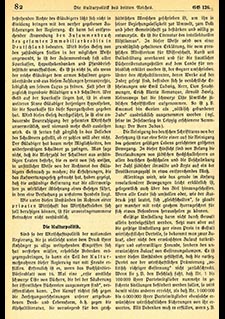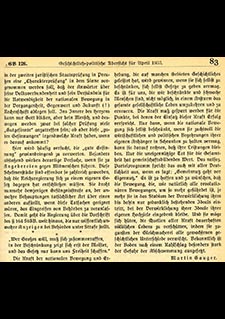Jurist in the Civil Service
Following his exam, Gauger worked as a law clerk in Velbert, Wuppertal and Düsseldorf. He passed his major final examination at the university in Berlin in 1933. He went to work as an assessor for the state’s attorney in Wuppertal in January of 1934 and in Mönchengladbach in August.
Experiences with Nazi Church policy, the measures against his father and the murders in conjunction with the purported “Röhm putsch” or Night of the Long Knives of June 30 and July 1, 1934 prompted Gauger to submit his resignation from judicial service on August 25, 1934. His conscience would not allow him to swear the loyalty oath to Hitler demanded in the “Law on the Allegiance of Civil Servants and Soldiers of the Armed Forces” (August 20, 1934). Gauger was dismissed on September 7, 1934.
Gauger used the time without a job to write his dissertation in law on “The Interrelationship of Confessional Writings and Church Government”. The topic was quite timely. He completed his dissertation in January of 1935 and submitted it to the University of Münster’s law school.
Ernst Rosenfeld (1869–1952) and Rudolf His (1870–1938) were Gauger’s doctoral advisers and he was awarded his doctorate in early January of 1936. By expounding that Protestantism can have only one church government bound by its confessional writings and any other church government is to be resisted usque ad martyrdom (Beziehungen, 11), Gauger lastingly bolstered the Confessing Church’s legal position.
Source / title
- © Gauger, Martin: Aus Welt und Zeit. In: Gotthard-Briefe 1933, p. 82f. (Ev. Arbeitsgemeinschaft für Kirchl. Zeitgeschichte, München)


